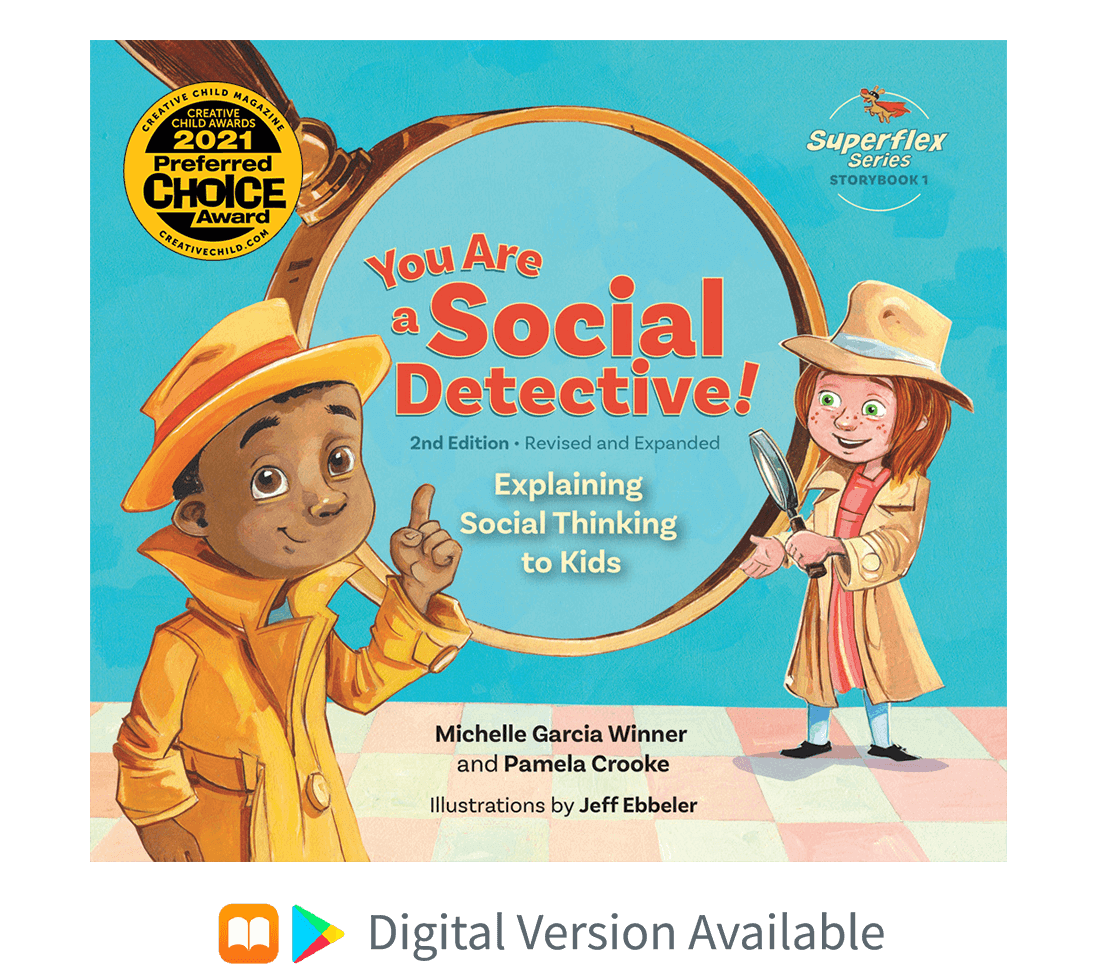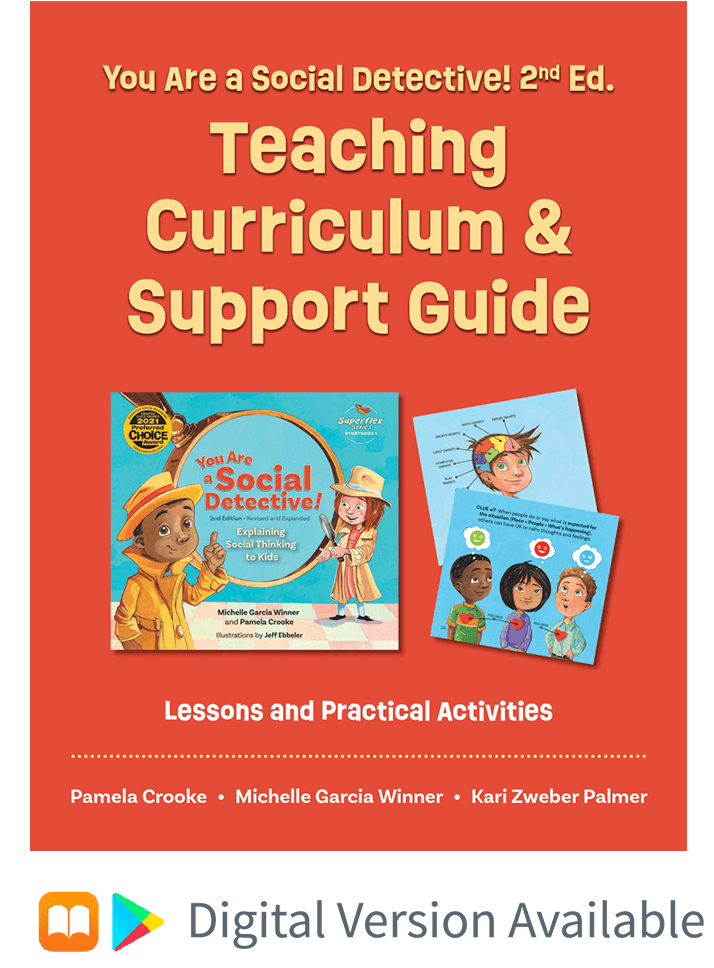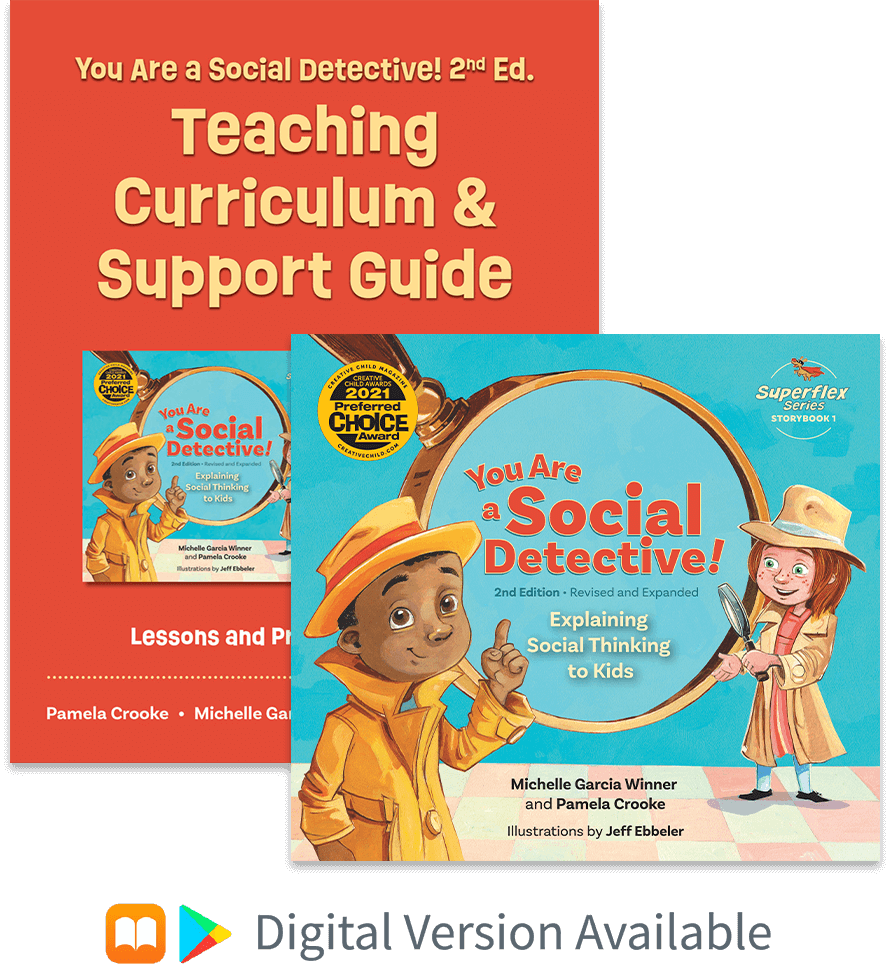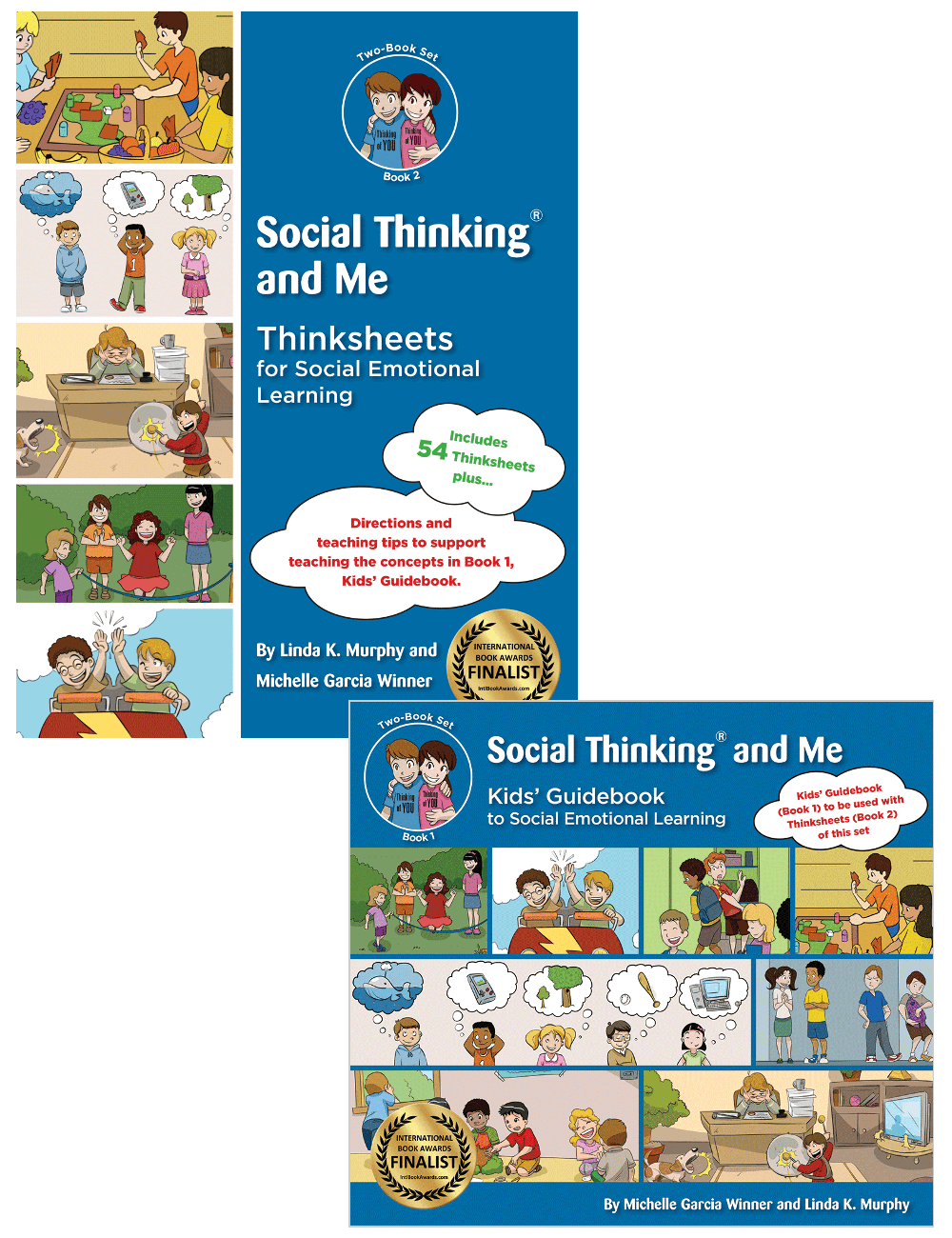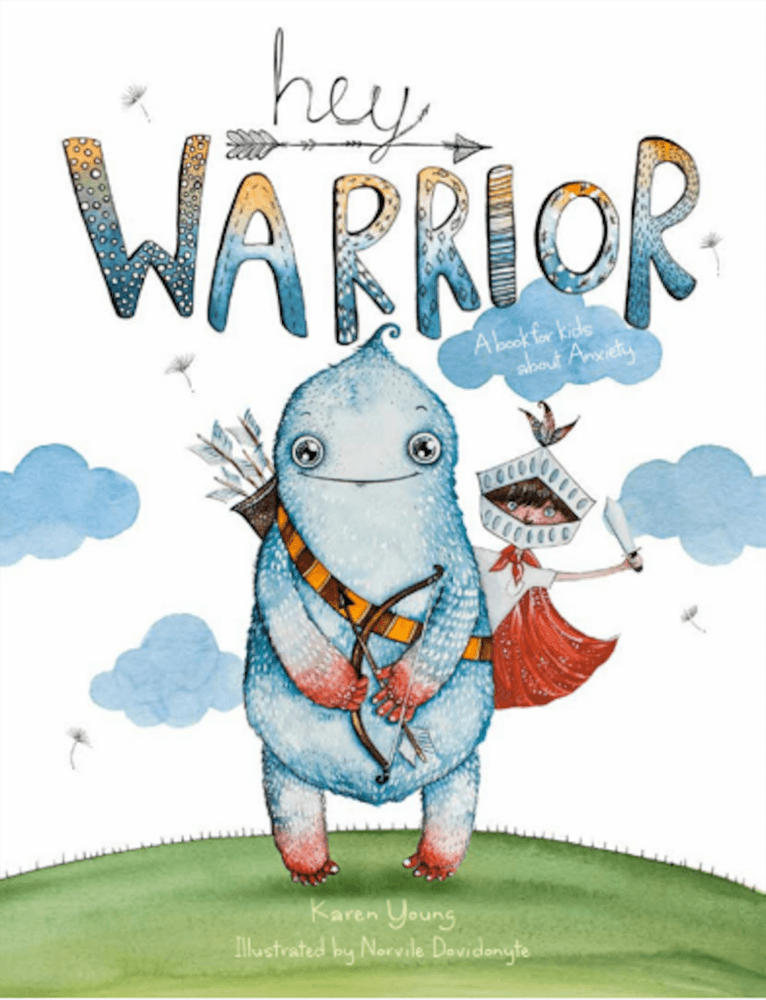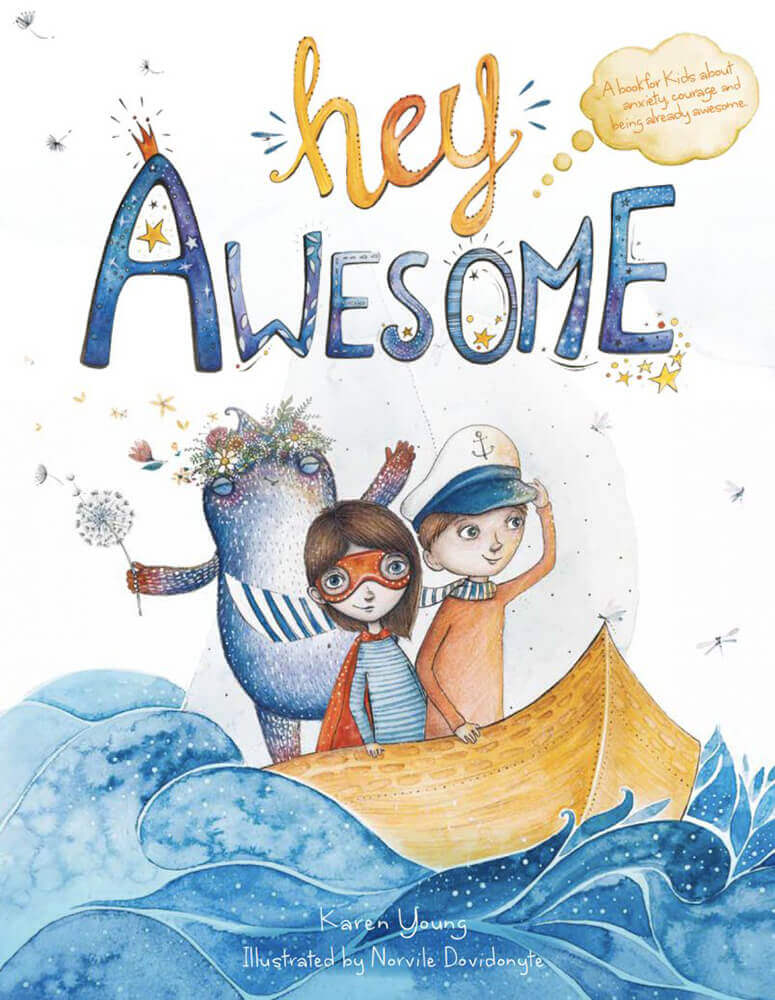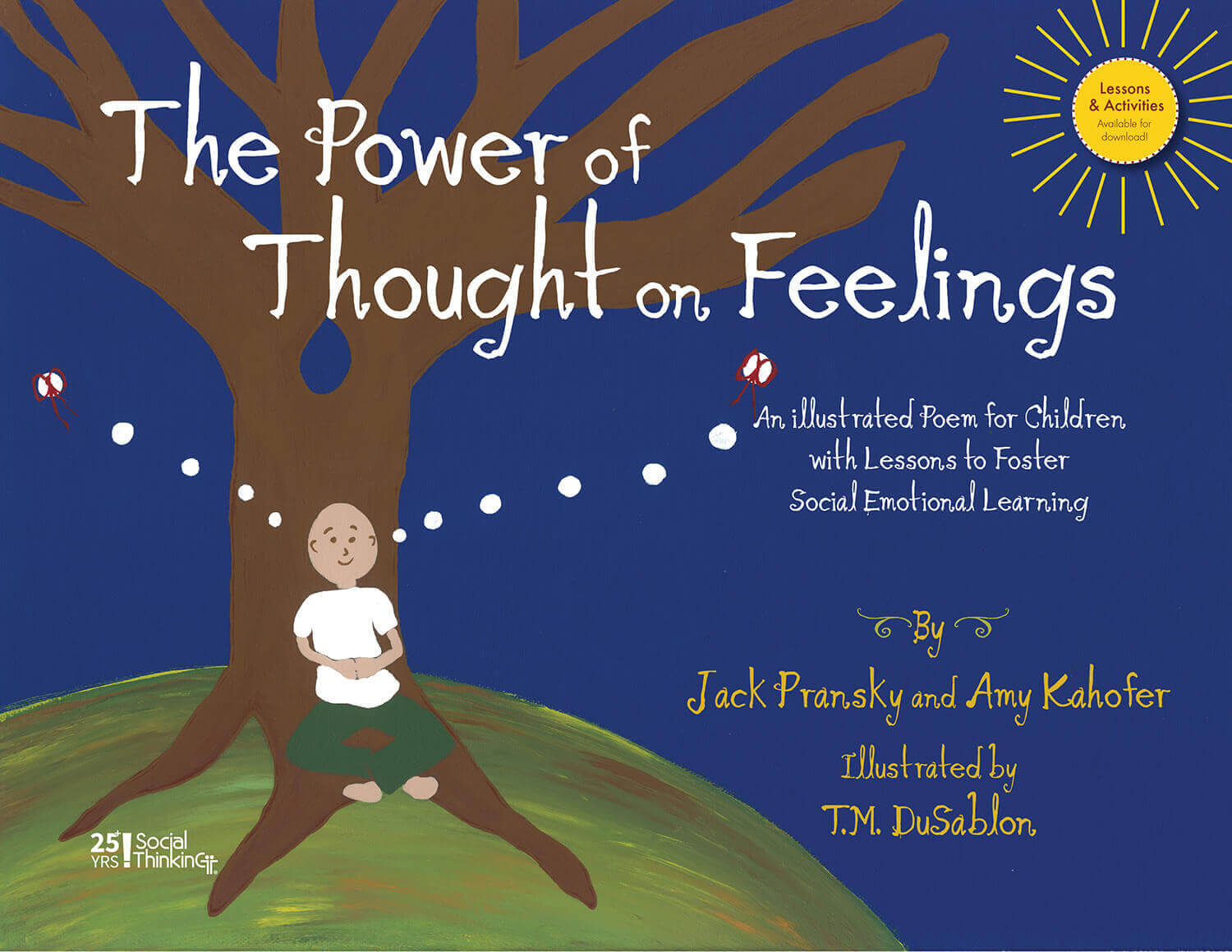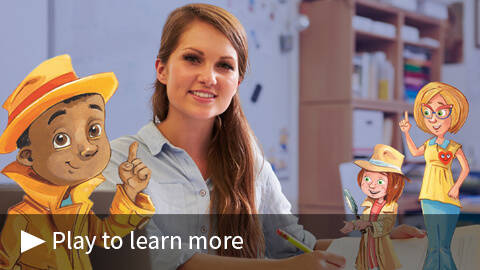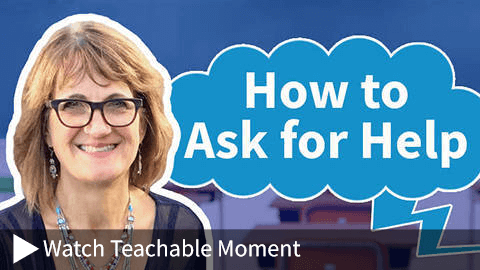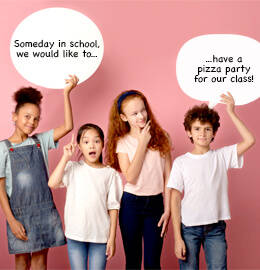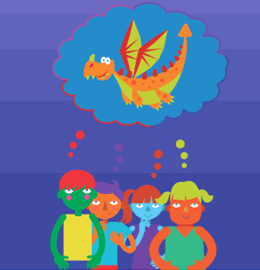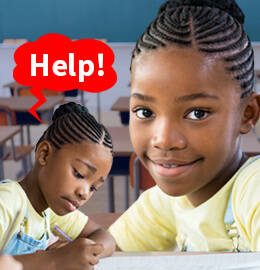© 2023 Think Social Publishing, Inc.
While most of us believe listening to students is central to our work, we were curious about how this fit into a school system. Do students feel they have an opportunity to advocate and use their voice at school? We took this question to the administration of two elementary schools, which led to an opportunity to ask the students themselves. The following is a reflection from the experience of talking to approximately 500 students in 4th and 5th grades.
We started our discussion inspired by the “Somedays” activity: https://www.ascd.org/el/articles/letting-student-voice-lead-the-way. Students were asked to complete the sentence: Someday in school, I would like to____. Their answers were both humorous and thoughtful. Surprising and unsurprising. Here’s a sample:
Someday in school, I would like to…
- Eat lunch outside with our class
- Have a day when we could do everything we missed for the 2 years of Covid
- Bring my dog
- Take one day off
- Make forts with friends
- Drink slushies with lunch
- Choose any teacher and help them for the day
- Choose 3 favorite subjects and do those for the day
- Spend recess with my little sister
- Chew gum
- Spend more time in recess, even 10 minutes would help
- Watch YouTube during indoor recess
- Read in a tent with friends all day
- Have a kids lounge (like the teacher lounge) with snacks
- Choose my specialty (art, music, gym, media)
- Plan a time where we can see all our former teachers from elementary school in one room
- Eat seafood for lunch
It was interesting, but not particularly surprising, to see that most requests centered on choices for how their day could be spent and relationships.
We spent time exploring the topic of choices. Students were asked to complete the sentence: With more choices at school, we would feel_____. This exploration allows for teaching that a person’s thoughts, wishes, goals, and emotions are connected.
- Included
- Honored
- Important
- Welcomed
- Less bored
- Respected
- Safer
- Cared for
- More energy (with more recess/fewer activities getting taken away)
- Less stressed
- I would like school more
It was apparent these 9–11-year-olds knew what they needed. They discussed how simple changes to some systems and environments could go a long way in their feelings about school. One 5th grade classroom astutely identified the cyclical nature of problems during recess:
“At recess, when kids misbehave, things get taken away. For example, there was an argument between students playing kickball one day. So, the adults took away the ball. Then we had one less thing to do. When there is nothing to do, we all stand around. That leads to more drama, gossip, and unkind behavior.”
This was just a small portion of feedback gathered from this experience. It was clear to see how powerful the themes of choices and relationships appeared throughout. It led to a deeper understanding of where to put energy and time, to facilitate the shared goal of every student feeling like they belong. Let’s all start the new school year with a refreshed emphasis on taking frequent opportunities to listen and gather feedback and trust that our students are experts in their own experiences.










